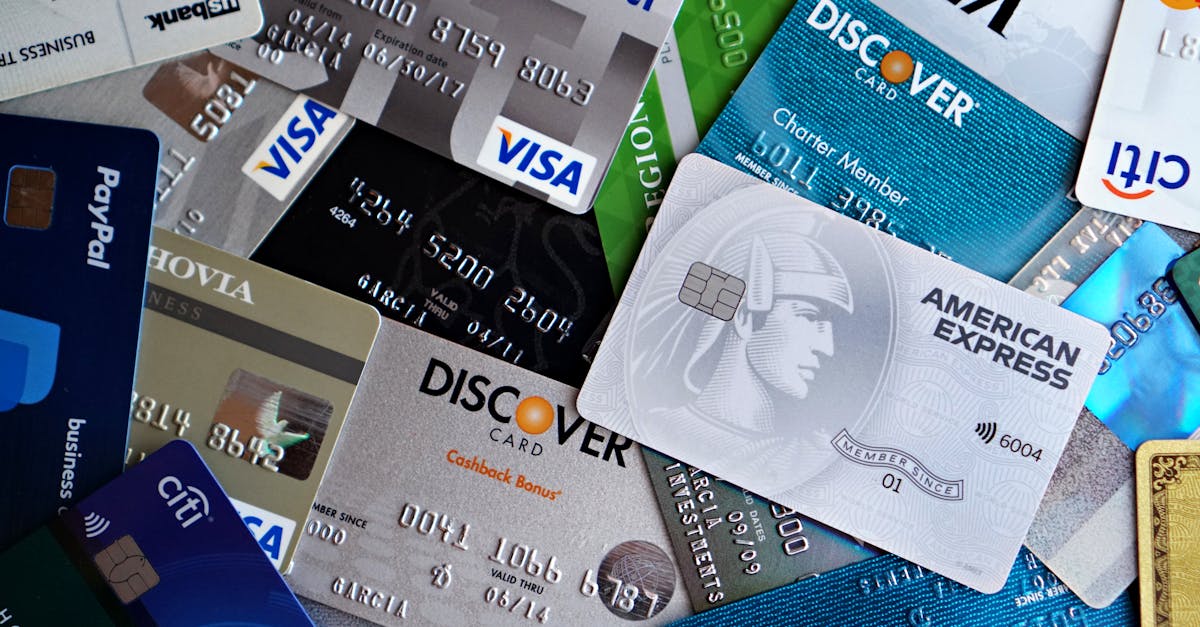Securing a Loan Business Bank: A Guide for Small Business Success

```html
Estimated Reading Time
About 8 minutes
Key Takeaways
- 3 types of bank loans and how to qualify for them
- Knowing your loan options sets you up for success
- Compare borrowing rates and conditions for manageable loans
- Good credit history and stable financial status are essential
Table of Contents
- Understanding Bank Loans for Start-Up Businesses
- Types of Bank Loans for Small Businesses
- Business Loan Requirements for a Bank
- How to Get a Business Loan from a Bank
- Comparing Business Loan Rates and Terms
- Best Banks for Small Business Loans
- Getting a Business Loan: Tips and Advice
- Types of Business Investment Bank Loans
- FAQ
Understanding Bank Loans for Start-Up Businesses
Fast, Flexible Funding with WeFrontIt Grow your business with WeFrontIt's easy online application. Flexible financing options mean you can apply and have funding in as few as 24–48 hours. With no minimum FICO score and eligibility down to $100k in annual revenue, more businesses now have access to capital than ever before. Apply now at apply.wefrontit.com
Bank loans for business startups are a type of business financing that is offered by traditional banks to help business owners start and manage their new business. Commercial bank loans do not require the borrower to have stellar credit or high personal income because the loan is actually lent to the business, not the individual. These are secured loans, which means they need collateral and also a strong business plan, and emphasize business potential and repayment ability. For more in-depth analysis of the distinctions between these two types of financing and how they can be applied, follow the link: SBA Loan Schemes.
Types of Bank Loans for Small Businesses
Small businesses have a wide array of types of bank loans to choose from, and each one serves different needs:
- Short-term loans: Intended for quick needs, this type is repaid within a year.
- Long-term loans: Ideal for major purchases, these have a longer term length.
- SBA 7(a) Loans: Government-backed loan with a low interest rate and flexible terms, can be used for a number of purposes, including working capital or purchasing equipment. Find out about them at: At SBA 7(a) Loans For 2025.
- Lines of credit: With this type of financing, businesses have the ability to borrow money up to a certain limit, when needed.
Loans vary in terms of interest rates and fees. It is therefore for business owners to do a cost-benefit analysis on these to decide what works best for them. And you can read more at: Quaint Oak on SBA 7(a) Loans.
Business Loan Requirements for a Bank
- Business plan: should include an operations plan, market analysis, and financial projections.
- Evidence of legal operation: They must provide proof of operating legally in the U.S.
- Size standards: Businesses must meet size standards that are typically set by the SBA.
- Credit score and financial documents: With strong credit scores and full documentation, including tax returns and financial statements, applicants can land a stellar package. A good business plan is a must, as it gives the lender clear insight into the business’ prospects and capacity to repay the loan.
For a full list of criteria and documentation visit: SBA Loan Requirements and Bank of America Small Business Financing.
How to Get a Business Loan from a Bank
- Determine eligibility: Compare your business’s credit score, time in business and annual revenue to the lender’s requirements.
- Create documents: You will need a comprehensive business plan, financial records, and legal documents available.
- Select loan and lender type: Decide whether an SBA loan, bank loan, or line of credit is the right fit for your situation.
- Apply: Bring all required documents and be ready to answer questions about your business.
- Respond to second requests: Lenders may request more information or documents.
- Review terms before accepting: Know the loan repaying, interest rates and fees.
Strengthen your application by keeping a good credit score and addressing any weak spots. For further tips on how to handle common SBA 7(a) loan application issues, click: Quaint Oak Blog on SBA 7(a) Loans.
Comparing Business Loan Rates and Terms
- Interest rates: You can choose fixed or variable rates depending on your overall financial plan.
- Fees: Watch for origination fees and perhaps prepayment penalties.
- Flexible repayment: Choose a loan with flexible repayment terms.
- Collateral requirements: Know what assets might be used to secure the loan.
By analysing these areas, more manageable and affordable loan structures can be chosen. Learn more about these tactics at: Quaint Oak Blog on SBA 7(a) Loans.
Best Banks For Small Business Loans
- Bank of America: This bank has a wide array of flexible products, with competitive rates available to small business owners.
- SBA Preferred Lenders: Lenders through SBA will offer streamlined procedures for those businesses that meet the requirements.
When deciding on a bank, functionality of products, clarity of products, service and how well they service your industry is crucial. Read about this further at: Bank of America Small Business Financing and at Quaint Oak Blog on SBA 7(a) Loans.
Securing a Business Loan: Tips and Advice
- Have a good credit profile: Personal and business credit scores are important.
- Demonstrate consistent revenue growth: Strong financials and performance history help lenders feel more secure.
- Detailed Documentation: An in-depth business plan and financial projections is mandatory.
- Select the right type of Loans: Match your loan with your needs and your ability to repay it.
- Plain speaking in applications: Honesty and completeness are your surety of a smooth-running process.
- Compare: Compare rates and terms from lenders to find the best loan for you.
Credit and financial stability are important; it’s always important to practice good habits. Read more about financial habits at: Bank of America Small Business Financing.
Business investment bank loans
Market wishes to address: Business investment bank loans assist businesses looking for substantial growth. These are loans for large expenses — such as buying another business or opening a new location — that go beyond the limits of typical working capital or equipment loans. “Investment loan amounts are typically much higher with a longer repayment time frame and we need a business case to support them, backed up with good business balance sheets and security,” Camp said. To read and learn more about investment loan features: Quaint Oak Blog on SBA 7(a) Loans.
FAQ
- How does an SBA loan differ from a traditional bank loan?
- How much does my credit score matter to get a business loan?
- Is it possible to get a business loan without collateral?
- What are some typical loan application disasters?
- What are the pros and cons of an SBA loan compared to a bank loan?
An SBA loan, including the SBA 7(a) loan, is a government-funded loan that generally offers lower interest rates and extended repayment terms compared to traditional bank loans. They are intended to help small businesses grow and have specific qualification requirements.
How much does my credit score matter when I’m applying for a business loan? Credit scores are very significant because they show whether you can repay loans. The more, the better: With most lenders, a stronger score boosts your likelihood of getting approved for a loan, as well as a more favorable interest rate.
Am I able to take out a business loan without having collateral? Some lenders, offer unsecured business loans that do not require collateral, but may be more expensive and have more stringent lending criteria.
What are some errors one should avoid when applying for a loan? Don’t turn in an application that’s incomplete, neglect to shop around for loan offers, hide information the lender needs, or not have a plan to pay back your loans.
Conclusion: The loan business bank process is vital to starting and small businesses. Everything from qualifying and paperwork to deciding on the best loan and lender makes a difference. The right bank loan can drive business growth, while the wrong decision can create challenges. Be sure to compare alternatives as well as to get organized before going to a bank for financing.
Next Steps: Assess your business’ financial situation. Go to a well-performing bank and discuss with them what borrowing options suit your business. Please post down below your challenges and experience, and help everybody else by building up a support network. Apply for funding with WeFrontIt here.
```




